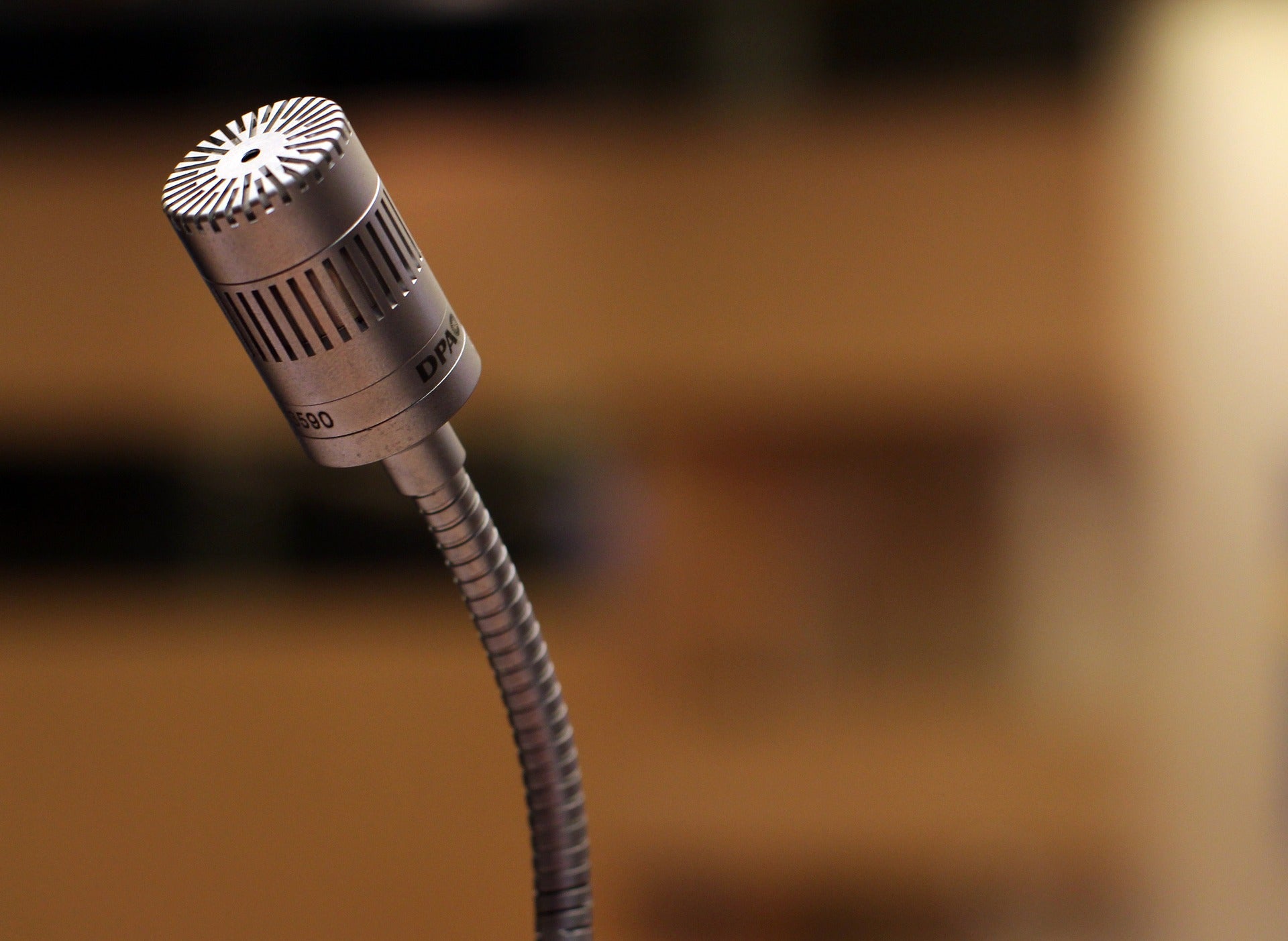Junction approves tax rate drop; continues process for building a new city hall
Published 8:26 pm Tuesday, August 13, 2019
Property taxes in Junction City will be going down a fraction in the upcoming fiscal year.
Without any discussion during last week’s meeting, the council unanimously approved the tax rate of 12.2 cents per every $100 of property — down from 12.5 cents this year.
Junction City Clerk Susan Music said the decrease was due to a formula set by the state in which Junction City “puts in its numbers” and the tax amount is automatically figured, she said. In order to raise property taxes, the council would have to go through a lengthy process to get it approved, but members prefer not to do that, Music said.
The council also approved the second reading of an ordinance which gave the city methods and procedures to collect due and delinquent taxes, and adopted the “Mass Foreclosure Act,” allowed by Kentucky law, which will give the city the authority to foreclose on and sell abandoned property.
Mayor Jim Douglas said he has a “giant list” of properties that haven’t had property taxes paid — some go back as far as 20 years. But the city can only go back 10 years to try and collect the taxes. The city has also put several liens on many of the abandoned properties, he said.
Douglas said he doesn’t know how much tax money the city has been unable to collect over the years. The unpaid tax bills range from “outrageous to just a few dollars,” he said.
With the new ordinance, Junction City will be allowed to foreclose on the abandoned properties in order to regain some money when the property is sold, he added.
The city is also going forward with plans on building a new city hall on land it owns next to the Junction City Community Center on Shelby Street. Douglas said he was about to submit the city’s requests for bid sheets as to what the council wants in a new city hall, police and fire department building.
“We’re trying to do this on our own,” without having to use grant money for the project, Douglas said.
A “rough estimate” as to what the building would cost is $1.5 million, Douglas said.
Council member Kenny Baldwin said several people have talked to him about why a new city hall was needed. “I told them come up here and look at the building. I said don’t sneeze too hard. I didn’t try to make it more than what it was, but we really do need a building.”
If the health department inspected the building and saw all of the black mold, “They would move Susan out tomorrow,” said Council member Vicki Bowling.
“If we keep our heads about us, how we budget our money, we should be able to make the payments and not put the city under any distress,” Baldwin said. “Also, the $1.5 million estimate isn’t for just one building but is for three facilities, and hopefully a community storm shelter.”
“If this (process) continues in a timely manner, we can probably have a building in two years. … We don’t have a choice,” Douglas said.
In other business:
• The council discussed how to make residents attach house numbers on their homes. There is a city and county ordinance making house numbers mandatory, but people are ignoring the law, the council said. One member suggested giving citations to residents who don’t have a visible number. House numbers make it easier for emergency responders to quickly find the right location.
Douglas said, “It’s a sad thing that people won’t put a house number up. But the addresses are about as bad as the house numbers.”
For example, Bowling said her address is 151 and the next door neighbor’s is 104. Council member Mary Hurst agreed saying her house was 200 but the house just across the street was 165.
• The council discussed the problem of residents habitually parking in the street in Shelby Green subdivision. It was suggested that fliers be put on cars reminding drivers that if a car is parked for 24 hours in one location, it can be considered abandoned and towed.
• The council also discussed overgrown weeds around Penn Ventilator property.







